VPNs are one of the most misunderstood technologies on the planet. And it’s largely due to false advertising from VPN companies. Their bold claims, such as “a VPN is a one-click solution to internet security,” or that they are the only way to encrypt your online communications, have frightened people away from VPNs and even prompted lawsuits.
Although VPNs aren’t everything that advertisers promised, they are not a waste of money. Not by a long shot. Let’s get back to the real reasons people use VPNs and why you should be doing the same.
How A Virtual Private Network Works: Explained Simply
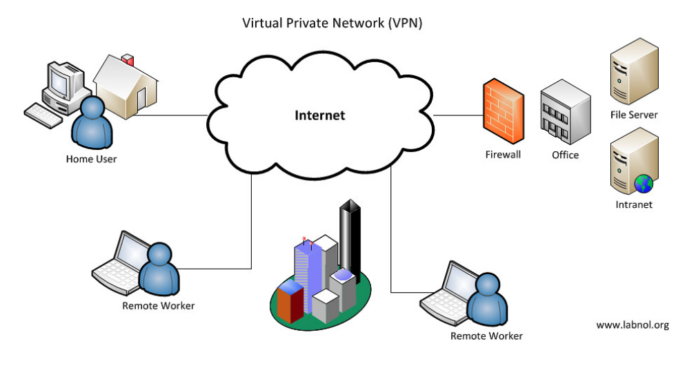
Think of your internet service provider as the post office. A packet is sent from your computer to the website you desire, where it is received by your ISP before being routed to its final destination.
A Virtual Private Network encrypts your packet, wrapping it in an encrypted letter that only the Virtual Private Network server can decrypt. The address of these servers is written in this letter. Your packet goes from your computer to the ISP, but all the ISP sees is that it’s sending a letter to a remote server. It has no idea what’s inside or the real recipient.
The packet is unwrapped and sent to the intended location once it reaches a VPN server. In the same way, the site you are accessing sends its replies to the VPN server without knowing who you are.
What A Virtual Private Network Isn’t
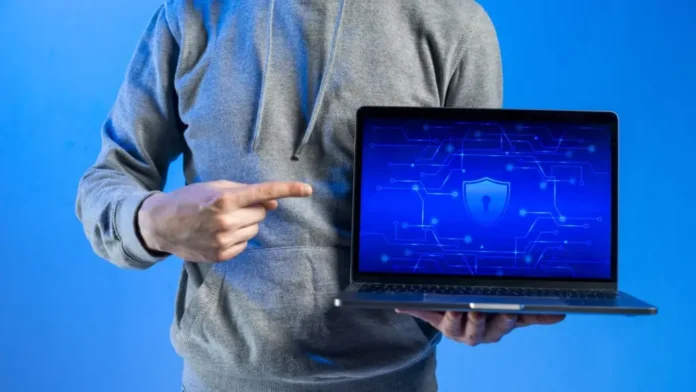
Encryption technologies other than VPNs exist. In most situations, VPN encryption is completely unnecessary. The majority of internet traffic, around 80%, is already encrypted using HTTPS. Whenever you see a little padlock in your URL bar in your browser, it indicates that you’re using HTTPS.
Secure HTTP is used by almost any online bank, crypto exchange, and practically every other site you might need to log in to. If it isn’t, you should avoid using that website. Because HTTPS encryption takes place on your computer rather than the user’s machine, there’s virtually no chance that someone will intercept their public Wi-Fi traffic.
There is no trustless VPN. You’re changing an ISP you know for a Virtual Private Network server you don’t know anything about. It can decrypt their encryption, allowing them to see everything you do online. If the VPNs provider creates a history of the websites you visit and that list of sites is hacked, all your online activity is exposed, or worse, your metadata that contains passwords, images, and more. Don’t use a free Virtual Private Network if you’re concerned about this.
VPNs Let You Watch Content That’s Blocked In Your Country, School, or Workplace
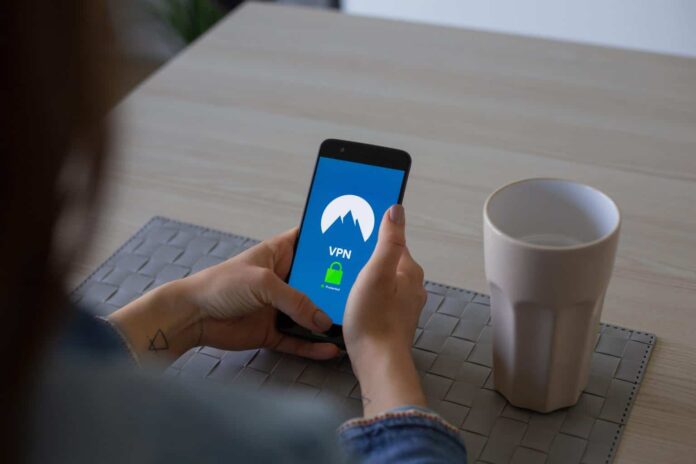
The major reason for using these servers has remained the same. When there’s so much obvious value, it’s weird that providers feel compelled to tout non-existent advantages.
It allows you to access content that is prohibited in your region. The site you’re visiting believes you’re from the nation the VPN server is located in because all they can see is the IP address of the VPN server.
Netflix has a lot of titles that aren’t available in other countries. Then there are services like Hulu, SkySports, Disney+, and Amazon Prime, among others, that aren’t accessible outside the United States. Many cryptocurrency exchanges have been shut down or limited service for US users due to SEC regulations.
In China, Vietnam, Iran, Turkey, the United Arab Emirates (UAE), and other countries, internet censorship is more severe, and individuals require these for work or to access social media. Medium.com, a prominent blogging site that anyone in marketing will need access to, has been blocked in Vietnam. China has almost everything shut down. If you’re an ex-pat living in any of these countries, you’ll need one.
Avoid Cease and Desist Notices
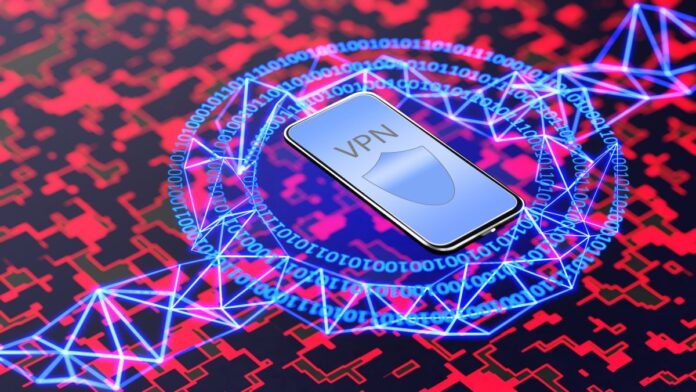
Up to 20% of internet traffic is attributable to Bittorrent, and clients like it. Torrenting is also one of the most popular reasons why individuals continue to utilize VPNs in 2024. When you torrent, your IP address is publicly visible. Trackers must see your IP when you torrent.
The issue with this is that rights holders develop monitoring software that sends out mass cease and desist letters to all IP addresses downloading or seeding a file. They notify your ISP, who then passes the message on to you. They may threaten legal action against you or send you a bill for the commercial rights to the program or film you downloaded.
This isn’t an issue when you use a VPN. Instead of a simple HTTP request to a tracker, your computer enters a private network that encrypts your data with a strong password. When a file is downloaded, the data is decrypted by the VPN server. It’s rare that a VPN provider is going to have actual access to your downloads. Being anonymous on the internet is one of the main reasons people use VPNs, and it’s still very helpful. The most famous case involving illegal IP addresses was the takedown of a torrent tracker called The Pirate Bay.
A VPN won’t forward the cease and desist to you. They can argue that they don’t know who downloaded the file since there are so many people on the server. There’s no way to connect that activity back to you if they destroy their logs.
In Summary
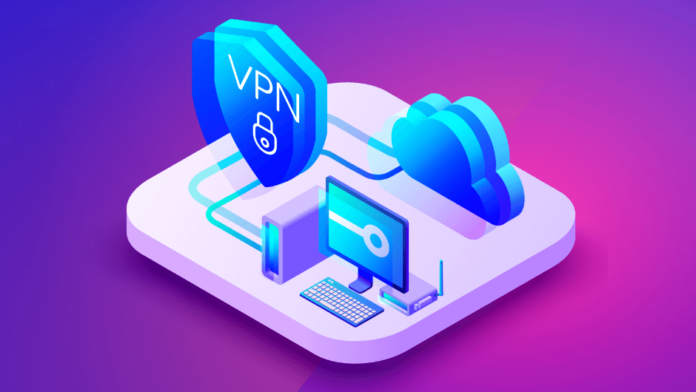
VPNs are expensive, but they’re worth it. They give you the ability to bypass censorship, bypass geolocation restrictions, access geo-restricted content, bypass firewall-like firewalls, hide your IP address, hide your browsing history, and hide your search history. If you get a brand-new iPhone and you’re worried about missing the latest hot video, you should look into using them. If you’re a corporation, you should look into the legality and effectiveness of using a VPN. You’ll be surprised by the legal implications of your ISP being able to see what sites you’re visiting.
Although they aren’t the one-size-fits-all answer to internet privacy that many providers claim, they are a viable option. The major incentive to employ a VPN in 2024 is to watch geo-blocked media, hide web browsing data from your ISP, and avoid cease and desist letters while torrenting.
There’s no need to exaggerate what they’re capable of since these are all extremely useful applications for a virtual private network. If you’re intrigued, click here to learn more about a VPN.

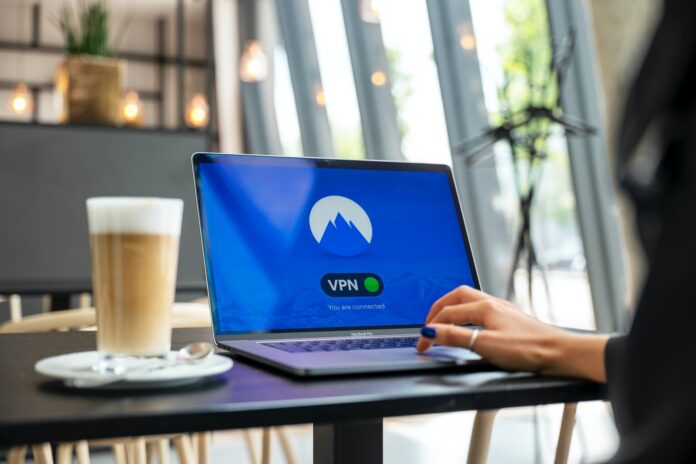



![Calgary’s Hottest Neighborhoods for Luxury Homebuyers [2024]](https://thewashingtonote.com/wp-content/uploads/2024/04/Calgary-324x160.png)



